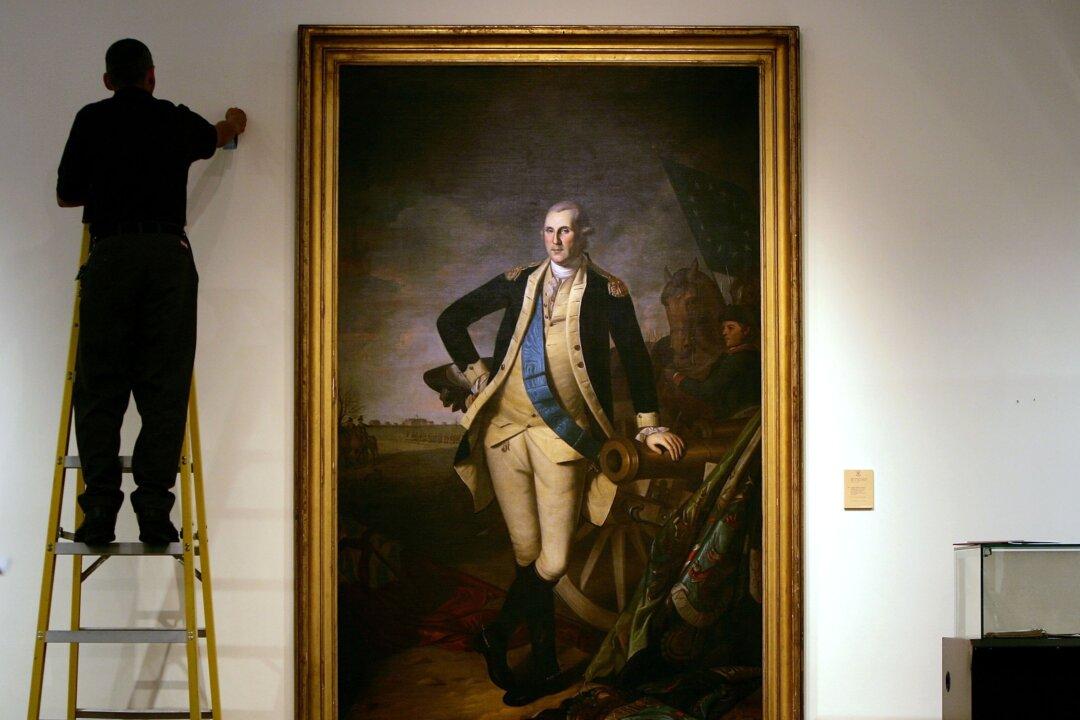Among the stranger exchanges of George Washington was a series of letters on the Illuminati of Bavaria, detailing the society’s attempts to overthrow religion and government in Europe and its presence in the United States under the guise of “Democratic-Republican Societies.” Washington’s sharp criticism of the societies is often interpreted as attacks on political partisanship.
To understand Washington’s views, we need to examine the context. The United States won its independence from the British empire during the war of 1776, and a revolution of a very different type soon followed in France, in 1789. While the Americans established a system rooted in divine faith and individual rights, the French Revolution led to the Reign of Terror and its executions by guillotine, its “Dechristianization” movement seeking to destroy religion, and its laws to govern even the most minute decisions of each person.





